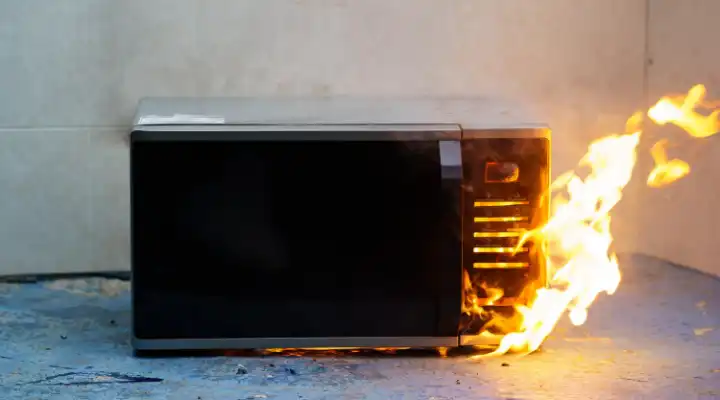Overheating in appliances is a more common problem than many think, and it can affect everything from small devices like irons or blenders to larger equipment such as washing machines, dryers, refrigerators, or air conditioners. Besides damaging the appliance, overheating poses a potential fire hazard, so it is vital to know how to prevent it.
In this article, we explain the most common causes of overheating, how to recognize the symptoms, and what to do to keep your appliances safe, efficient, and working properly.
Why do appliances overheat?
Overheating can happen for several reasons:
- Prolonged use without breaks (e.g., dryers or ovens).
- Poor ventilation.
- Accumulation of dust, grease, or lint in grills or internal components.
- Defective electrical connections.
- Electrical overload.
- Internal failures in the motor, thermostat, or electronic board.
Signs that an appliance is overheating
- The appliance shuts off by itself after a short time of use.
- It emits a smell of hot plastic or metal.
- The outer casing is hotter than usual.
- It makes unusual noises or runs slower.
- The breaker or fuse trips when using it.
If you notice any of these symptoms, unplug the appliance immediately and check its condition before using it again.
Tips to avoid overheating
- Do not block the ventilation grills
Many appliances have holes or air outlets to release heat. If blocked by furniture, curtains, or dust, heat builds up.
Solution: Keep the grills clear and clean.
- Regularly clean internal components
Dust, lint, or grease can accumulate on motors, filters, and fans, preventing proper airflow.
Examples: Clean the lint filter in dryers; clean the condenser in refrigerators; check fans in computers or microwaves.
- Do not overload power outlets
Connecting several high-consumption devices to the same outlet can cause wires to heat up.
Recommendation: Use power strips with overload protection and avoid plugging multiple powerful appliances into one outlet.
- Avoid excessive continuous use without breaks
Devices like blenders, electric ovens, or vacuums should be used in short intervals. Continuous use can overheat the motor.
Practical tip: Check the manual to know the recommended operating time.
- Perform periodic professional maintenance
At least once a year, a technician should inspect your appliances to detect failures in motors, electronic boards, or ventilation systems that could cause overheating.
When to call a technician?
- If the appliance heats up excessively shortly after turning it on.
- If you notice smoke, sparks, or strange noises.
- If the appliance frequently shuts off without reason.
In these cases, do not try to repair it yourself. Handling a hot or damaged appliance may worsen the problem or put your safety at risk.
Overheating not only affects the performance of your appliances but also represents a danger to your home. With simple practices like cleaning, good ventilation, and responsible use, you can prevent damage and extend the life of your equipment.
Is your appliance overheating or showing faults? At our technical workshop in Panama, we offer professional diagnosis and repair services for all types of equipment. Contact us and let us help you keep your home safe and efficient.

